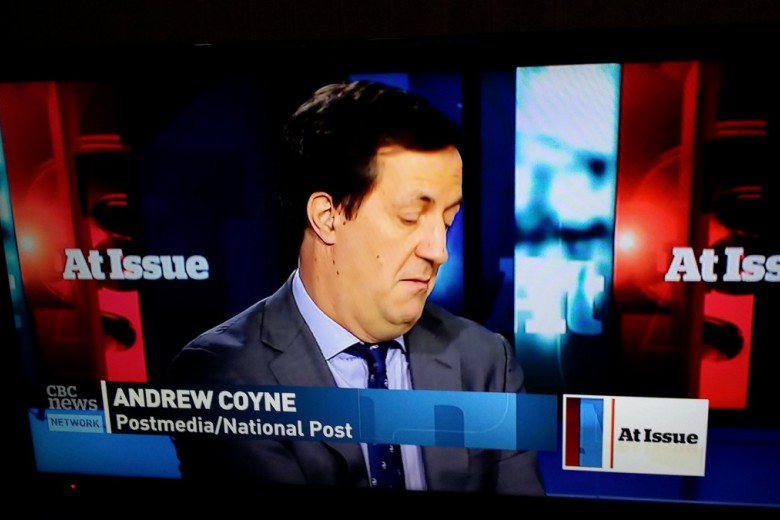
With the Financial Times lamenting the “end of the era of liberalization” and the “death of global free-market capitalism” and Newsweek declaring “we are all Socialists now,” one could be forgiven for believing that the worst excesses of neoliberalism have been relegated to the dustbin of history. But for all the talk of resurgent Keynesianism, reports of the death of neoliberalism – the pathological fear of all things public and the idolatrous worship of the market – are greatly exaggerated. While the advocates of free-market orthodoxy have remained uncharacteristically quiet during the current economic crisis, neoliberalism has merely gone underground, biding its time until it can resurface with renewed ferocity.
It would seem that the neoliberal resurgence is already upon us, as governments around the world begin to deploy the all-too-familiar rhetoric of deficit and debt crises to prepare their citizens for the inevitable attack on what remains of the public sector. In the morbidly ironic words of Queensland Premier Anna Bligh – who has initiated a sweeping public-sector wage freeze and benefit clawback, coupled with the sale of over $15 billion in state assets – “public services have to come first in the dire global economic crisis.”
Canadians have seen this before. During the supposed “debt crisis” of the 1990s, the common refrain was that Canada would face outright bankruptcy and International-Monetary-Fund-imposed austerity unless it pursued a vigorous gutting of all things public. Paul Martin’s infamous 1995 budget did just that, sacrificing 45,000 civil service jobs, privatizing CN Rail and Petro-Canada, slashing federal transfers to the provinces and transforming unemployment insurance into the woefully inadequate program it is today.
Progressive economist Jim Stanford argues that much of this belt-tightening was not only unnecessary, but ultimately damaging to the Canadian economy. As Stanford documents, Canada could have reached its deficit reduction targets through economic growth alone, without having to endure the draconian cuts to our social programs. Stanford concludes that the $50 billion in public programs and assets that were sacrificed to the deficit gods would have “made an incredible difference to the concrete quality of Canadians’ lives” had they remained invested in public services and assets.
What Stanford and others emphasize is that the gutting of our public services was not an economic necessity, but rather an ideologically driven political gambit. We would be wise to remember this when the inevitable calls for belt-tightening and self-sacrifice in the name of fiscal responsibility once again rear their heads. Though the current deficit is smaller (relative to GDP) than what we faced in the 1990s, we are already hearing the early warning signs of the coming austerity from the Harper Conservatives.
Despite Finance Minister Jim Flaherty’s past insistence that the deficit can be resolved without cuts to programs or tax increases – a position from which he appears to be retreating day by day – the Tories have already shown their preference for the public sector to bear the brunt of fiscal austerity through their attempts at eliminating pay equity and the right-to-strike in the public service. Couple this with the Tories’ Crown asset review, wherein any public asset not deemed self-sustaining could face the auction block, and the writing is on the wall. Due to their minority status, the Tories have had to move carefully on these fronts, but rest assured that when it comes to a choice between reversing their ill-conceived and ill-timed tax cuts or cutting public sector jobs and social programs, the public sector will lose.
Those who would use the deficit to resurrect neoliberalism will deploy the same shopworn rhetoric of the past. We will be exhorted to “do it for the children,” lest we leave them our bills to pay, while simultaneously being praised for our courage as we are asked to sacrifice for the good of the nation. The gutting of the public sector is one choice among many; there is always an alternative.
In many ways, the deficit crisis of the 1990s locked Canada into the straitjacket of neoliberal policy, destroying what was left of the fragile post-war social contract that had held sway for close to 50 years. The 1995 deficit-busting budget inaugurated Canada’s wholesale embrace of neoliberalism; the current deficit must not be used to revive that same failed ideology.





_780_520_90_s_c1.jpg)
